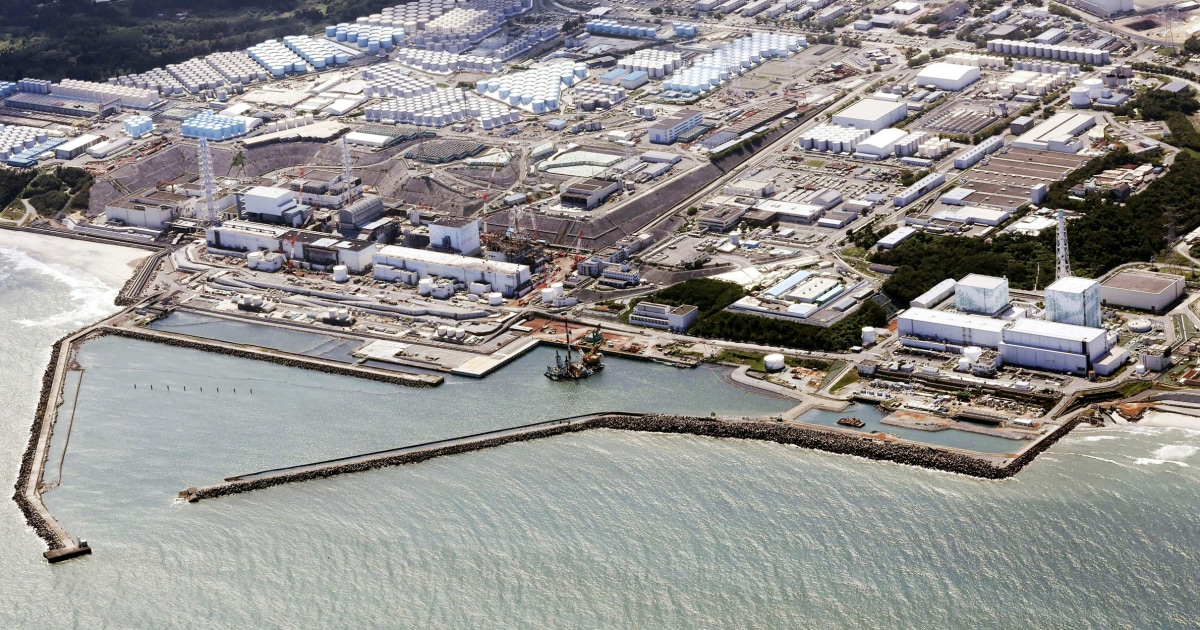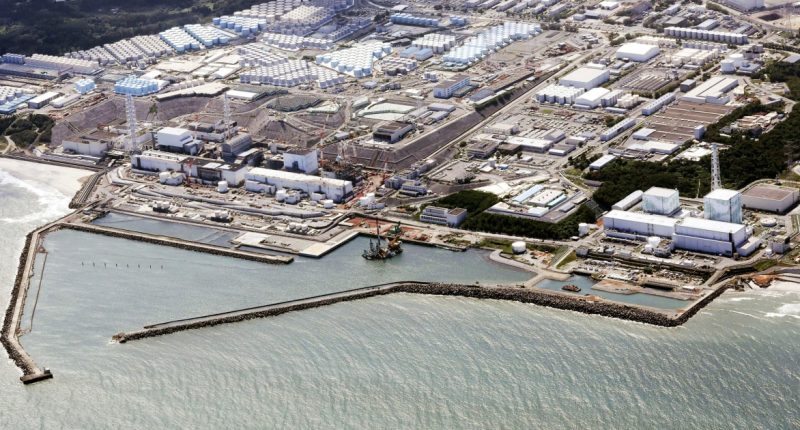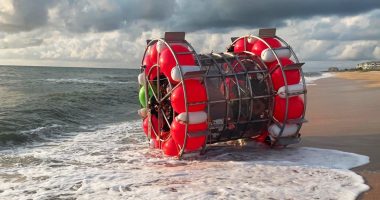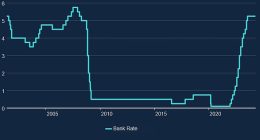
A panel of safety experts on Tuesday urged the operator of the tsunami-wrecked Fukushima Daiichi nuclear power plant in Japan to communicate more quickly with the public over incidents such as last week’s leak of contaminated water.
Thirteen years after the Fukushima disaster in which the plant suffered triple meltdowns following the 2011 earthquake, safety culture at the Tokyo Electric Power Company Holdings company has improved but there is still work to do, said Dale Klein, a former U.S. Nuclear Regulatory Commission chairperson who now serves as an advisor to TEPCO’s reform committee.
The panel’s news briefing on its periodic assessment came a week after highly radioactive water leaked from a treatment machine during maintenance work at the Fukushima Daiichi plant. TEPCO said no one was injured, and radiation monitoring shows no leakage escaped the compound.
But the leak triggered criticism in and outside Japan. Any leak of radioactive water is a sensitive topic.
In another accidental leak in October, four workers were sprayed with radioactive liquid waste while cleaning a treatment facility. Two were briefly hospitalized for skin contamination, though none showed symptoms of poisoning.
Klein said both incidents could have been prevented, and TEPCO needs to quickly analyze what happened in such mishaps and “very quickly communicate to the public what happened and why.”
For risk control, many companies, including TEPCO, often try to know everything before they say anything publicly, Klein said. But in the age of social media, speculation spreads quickly, he said.
The filtering machine involved in last week’s incident is part of TEPCO’s controversial wastewater discharge project, which began in August.
The discharges, expected to continue for decades, have been strongly opposed by fishing groups and neighboring countries including China, which banned imports of all Japanese seafood. The Japanese government hopes the International Atomic Energy Agency’s assistance and reviews affirming the discharges have met international safety standards would further help address concerns in and outside the country.
The TEPCO safety experts acknowledged improved safety culture at TEPCO. It noted the Nuclear Regulation Authority’s lifting of a suspension on the utility to resume preparations to restart another nuclear power plant, Kashiwazaki-Kariwa, after addressing lax safeguarding measures.
The next big hurdle is consent from the local community.
“TEPCO must build trust every day, all the time,” Klein said. “(Trust) is hard to gain but easy to lose.”
Source: | This article originally belongs to Nbcnews.com










